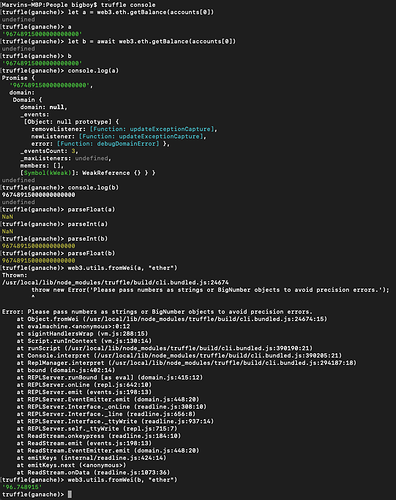Here is the contract coding u asked for
pragma solidity 0.5.12;
contract Ownable{
address public owner;
modifier onlyOwner(){
require(msg.sender == owner);
_; //continue execution
}
constructor() public {
owner = msg.sender;
}
}
contract People is Ownable{
struct Person {
uint id;
string name;
uint age;
uint height;
bool senior;
}
event personCreated(string name, bool senior);
event personDeleted(string name, bool senior, address deletedBy);
uint public balance;
modifier costs(uint cost){
require(msg.value >= cost);
_;
}
mapping (address => Person) private people;
address[] private creators;
function createPerson(string memory name, uint age, uint height) public payable costs(1 ether){
require(age < 150, “Age needs to be below 150”);
require(msg.value >= 1 ether);
balance += msg.value;
//This creates a person
Person memory newPerson;
newPerson.name = name;
newPerson.age = age;
newPerson.height = height;
if(age >= 65){
newPerson.senior = true;
}
else{
newPerson.senior = false;
}
insertPerson(newPerson);
creators.push(msg.sender);
assert(
keccak256(
abi.encodePacked(
people[msg.sender].name,
people[msg.sender].age,
people[msg.sender].height,
people[msg.sender].senior
)
)
==
keccak256(
abi.encodePacked(
newPerson.name,
newPerson.age,
newPerson.height,
newPerson.senior
)
)
);
emit personCreated(newPerson.name, newPerson.senior);
}
function insertPerson(Person memory newPerson) private {
address creator = msg.sender;
people[creator] = newPerson;
}
function getPerson() public view returns(string memory name, uint age, uint height, bool senior){
address creator = msg.sender;
return (people[creator].name, people[creator].age, people[creator].height, people[creator].senior);
}
function deletePerson(address creator) public onlyOwner {
string memory name = people[creator].name;
bool senior = people[creator].senior;
delete people[creator];
assert(people[creator].age == 0);
emit personDeleted(name, senior, owner);
}
function getCreator(uint index) public view onlyOwner returns(address){
return creators[index];
}
function withdrawAll() public onlyOwner returns(uint) {
uint toTransfer = balance;
balance = 0;
msg.sender.transfer(toTransfer);
return toTransfer;
}
}
when ever i test it it doesn't pass
here is the test coding
const People = artifacts.require("People");
const truffleAssert = require("truffle-assertions");
contract("People", async function(){
it("should process smoothly" , async function(){
let instance = await People.deployed();
await truffleAssert.fails(instance.createPerson("gabby" ,70 , 160 , {value: web3.utils.toWei("1", "ether")}),truffleAssert.ErrorType.REVERT);
})
it("should undergo correctly" , async function(){
let instance = await People.deployed();
await truffleAssert.fails(instance.createPerson("lisa" , 68 ,200 , {value: web3.utils.toWei("1", "ether")}),truffleAssert.ErrorType.REVERT);
})
it("should undergo correctly" , async function(){
let instance = await People.deployed();
await truffleAssert.fails(instance.createPerson("lisa" , 68 ,200 , {value: 1000000000000000000 , from: account[0]}),truffleAssert.ErrorType.REVERT);
})
it("should not be allowed to delete person " , async function(){
let instance = await People.deployed();
await truffleAssert.fails(instance.createPerson("andrew" , 98 ,200 , { from: account[2], value: web3.utils.toWei("1", "ether")}),truffleAssert.ErrorType.REVERT);
await truffleAssert.fails(instance.deletePerson(accounts[2], {from: account[2]}),truffleAssert.ErrorType.REVERT);
})
it("onlyowner should be allowed to delete person" , async function(){
let instance = await People.deployed();
await truffleAssert.passes(instance.deletePerson(account[2], { from: account[0]}));
})
});
type or paste code here
type or paste code here




